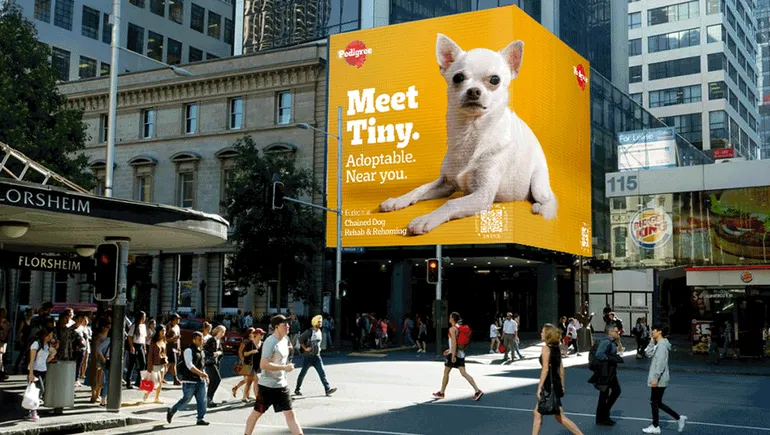
Comcast splits ownership of targeted ad platform with Charter, ViacomCBS as TV pressures grow
Dive Brief:
- Comcast is spinning off its Blockgraph platform for TV ad-targeting, splitting ownership with ViacomCBS and Charter Communications, according to a joint press statement. The news was first reported by The Wall Street Journal earlier today.
- Under the new ownership structure, each pay-TV provider will own one-third of Blockgraph, which leverages data to bolster brands’ ability to run more targeted TV ads. The deal, whose financial terms were not disclosed, is intended to give ad-buyers greater scale with targeted TV campaigns, the Journal said.
- Launched in 2017 as part of Comcast’s FreeWheel ad-tech venture, Blockgraph looks to offer aggregated, anonymized data that does not bump up against consumer privacy concerns. In the press release, Blockgraph’s technology was described as helping media companies provide marketers with insights across platforms without having to rely exclusively on third parties.
Dive Insight:
Comcast splitting ownership of Blockgraph with two of its competitors comes as the demand for data-driven, granular TV strategies climbs among marketers, who have a surfeit of other digital channels to choose from that already offer similar targeting capabilities. Internet-enabled alternatives like connected TV and over-the-top TV, while still young and fragmented, have seen an explosion of users and subsequent surge in ad spending, all while subscriptions to traditional broadcast and cable networks plummet.
The coronavirus pandemic has in myriad ways amplified existing pressures on the traditional TV sector, as its remaining draws for brand dollars — live sports and destination viewing events — are canceled, and production on new programming stalls. Ad buyers are similarly feeling a pinch to cut costs while bolstering efficiency, as noted in the Journal, which could make a Blockgraph deal focused on TV ad-targeting at scale more appealing.
The split ownership structure for Blockgraph isn’t totally out of the blue. Both Charter and ViacomCBS have supported the division since its inception, and the press release said it was always intended to become a “collaborative industry solution.” Most major applications to date have been in-house, however. Comcast’s NBCUniversal was an early adopter of the privacy-oriented platform, and has begun integrating the technology into its AdSmart offering.
“When we began to develop Blockgraph several years ago, we knew that the ability to apply data-driven insights to all media, including TV, in a way that protected privacy, was going to be hugely important to the future of our industry,” Marcien Jenckes, president of Comcast Advertising, said in a press statement. “Now, some three years later, that couldn’t be truer, and the alternative that Blockgraph offers could not be more valuable.”
The pandemic has likely accelerated a need for deeper partnerships between publishers that are seeing revenue prospects decline. Jason Manningham, who served as general manager of Blockgraph under FreeWheel and is now the joint venture’s chief executive, said the deal arrives at an “inflection point” for the TV industry, though he made no specific mention of the coronavirus.
Yet, it’s clear the pandemic is rattling a TV space that was already struggling, and publishers are entering one of the rockiest upfronts seasons in recent memory. Advertisers, on average, plan to spend 33% less on the upfronts this year, and more are questioning the value of the presentations in a broad sense, a recent survey by Advertiser Perceptions revealed. Major marketers, including General Motors, PepsiCo and General Mills, are also looking into walking back their prior upfront commitments, a trend that has the potential to erase up to half of Q3 TV spending, the Journal reported earlier this month.





